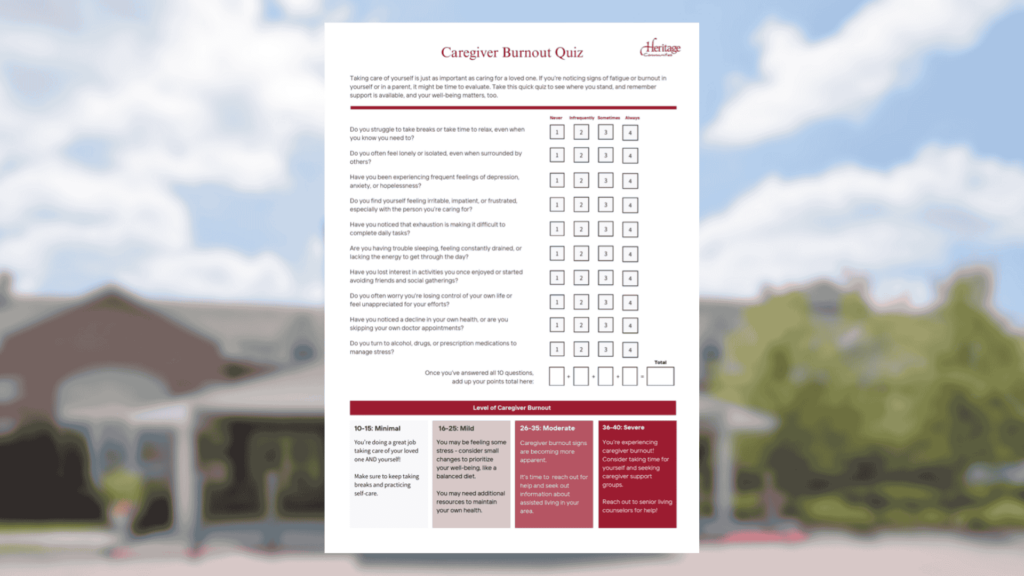How Can I Cover the Cost of Senior Living: Options and FAQs
The cost of senior living may seem overwhelming at times, especially as rates vary from one community to another, and many seniors may think the option isn’t financially viable. However, there are many ways to circumvent a some of this financial stress. Here are the most common ways how to pay for retirement, but remember...

The cost of senior living may seem overwhelming at times, especially as rates vary from one community to another, and many seniors may think the option isn’t financially viable. However, there are many ways to circumvent a some of this financial stress. Here are the most common ways how to pay for retirement, but remember that there are people at each senior living community that can help you find the best plan for you and your family.
5 Tips on How to Pay for Retirement
1. Use Life Insurance
While most people take out life insurance for their beneficiaries, policies can also be applied towards our “living benefits.” A company is likely to buy back its policy up to 50% of its face value depending on the policyholder’s age, health, and monthly premium. Another option is the “life insurance conversion program,” a plan that lets seniors convert policy benefits into long-term payments towards care. This option generally pays less than a life settlement, which is typically between 15-50% of the policy value but it is available for policies that may not qualify for a life settlement.
2. Pool Family Resources
Family members are usually worried about their parents living alone at home, so getting everyone together to discuss possible solutions is important. It may be necessary to pool resources to cover the costs of care. Money can cause tension between family members, so if you’re having problems communicating regarding this potentially difficult topic, you can research how to handle such discussions or you may even enlist the assistance of a mediator.
3. Veteran’s Benefits
Under various circumstances, veteran’s benefits can cover residential care:
- If your elderly loved one or their spouse has disabilities or service-related injuries, benefits may be applied towards assisted living costs.
- Attendance and aid benefits can be provided to a disabled veteran (or their spouse) if their income is below a certain amount.
To receive your loved one’s benefits, head to the Veteran’s Administration where they can help you through the process.
4. Consider Long-Term Care Insurance
If your loved one has purchased care insurance, the next step is to collect your benefits and apply them to their assisted living. Some long-term policies may be used as payment for nursing home care, which is based on a physical or mental diagnosis and can be used to cover costs. Many policies may also include a designated daily or monthly rate to pay for senior living, and can be paid directly to the community.
5. Rent Out Your Home
If both parents need help with daily living, or there’s only one parent living, the family home is an important resource. While selling can be an option, your parents’ house is highly cherished for many families and may not be an easy decision to make. If this is the case, consider renting out the home and use the income collected to help pay for assisted living.
While the costs of paying for senior living may seem expensive at first, there are many ways to financially support your loved ones so they can have the life that they deserve. Download our guide, How to Fund Senior Care and Housing, for more information.






